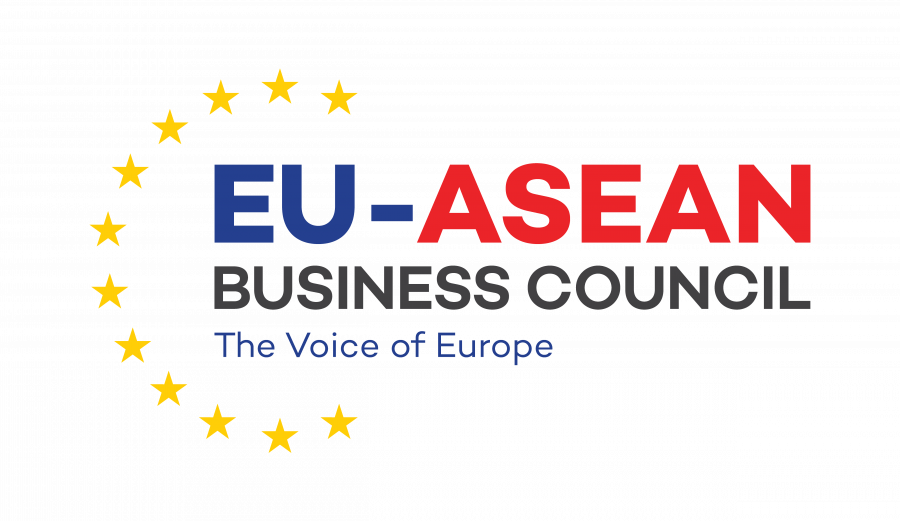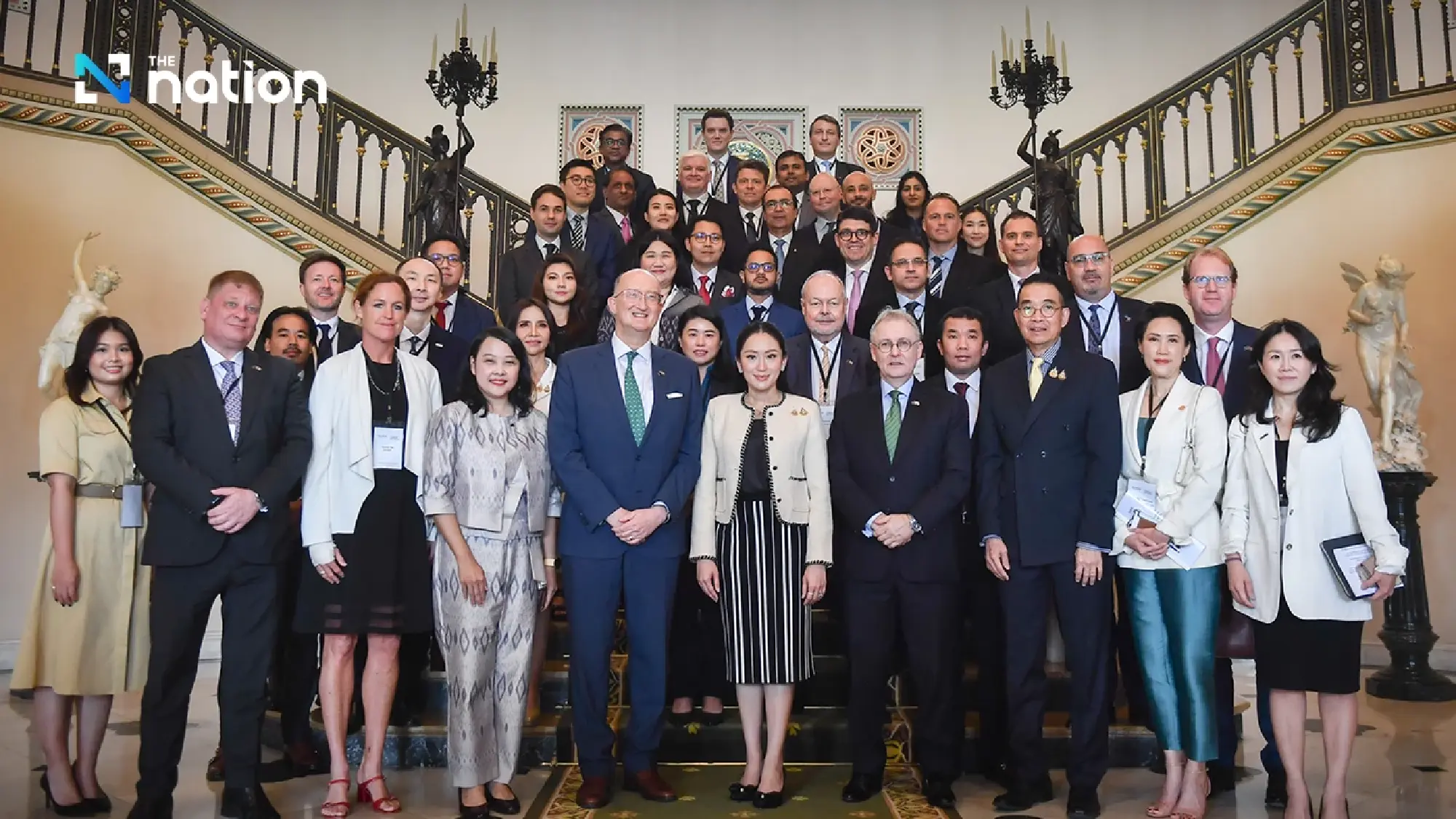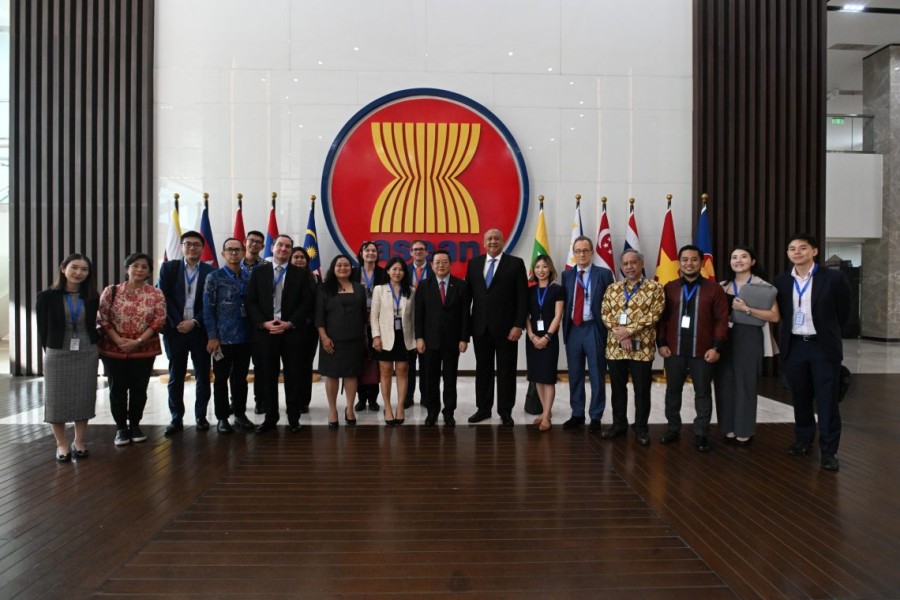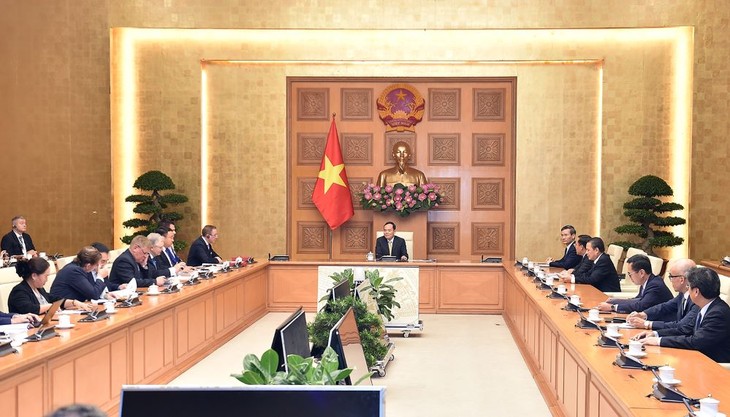
Singapore – 17 November 2021 – The EU-ASEAN Business Council (EU-ABC) today launched its paper on single-use plastics in ASEAN. The report,“Fighting ASEAN’s Plastic Pandemic,” examines the prevalence of plastic pollution in the region, which has been exacerbated by the global COVID-19 health crisis. While single-use plastics have been useful in the fight against the pandemic, particularly in providing sanitary protection, lockdowns have contributed to a significant increase in waste generation. COVID-19 has also complicated waste management processes, and the decline in global economic activity has governments focusing their attention to recovery efforts, rather than channelling public funds into financing recycling value chains.
If left unchecked, the plastic pandemic could have long-lasting impacts on the region’s economy, environment, and public health. Given that countries are looking to rebuild from the COVID-19 pandemic in a manner that is sustainable for future generations, the EU-ABC believes this is a critical juncture for all stakeholders to address the urgent problem of single-use plastics waste through solutions like developing an ASEAN-wide framework on phasing out disposable plastics, and looking beyond downstream plastic management into regulating the upstream stages in the life-cycle of single-use plastics waste.
The EU-ABC commends ASEAN-wide efforts to tackle plastic pollution, like the ASEAN Framework on Marine Debris and the introduction of the Framework for Circular Economy for the ASEAN Economic Community. The work, however, must not end here.
“At a time when the world is focused on climate change issues following COP26, now is also the time for the ASEAN region to begin to put meat on the bones of their recently announced Circular Economy Framework,” said the EU-ABC’s Executive Director Chris Humphrey. “Moving to accelerate measures aimed at reducing and ultimately eliminating single use plastics in the region should be an easy first step in that process. This paper today from the EU-ABC sets out a series of easily executable recommendations that the Member States of ASEAN could implement to show their seriousness at tackling key environmental issues,” he added.
Jay Thyagarajan, Corporate Vice President of Business Area SEA Novo Nordisk said the company is “committed to being a sustainable business and [has] a bold ambition in place, to have ZERO Environmental Impact. Across ASEAN, each Novo Nordisk Affiliate has committed to an Environmental Management Plan (EMP) to reduce our environmental footprint, including minimising, and eventually eliminating, all usage of single use plastic. Many people are working towards minimising consumption and waste a reality, and we want to be part of that change and movement. We have the capacity and the will to lead the way.”
Speaking further on the need to phase out single-use plastics, Danone’s global Chairman and CEO Alexandre Ricard said, “For the past three years we have been striving to accelerate every aspect of our business, and the crisis must not be a threat but rather an opportunity to speed up the implementation of our Sustainability & Responsibility roadmap.”
“The end of single-use plastic Point of Sale (POS) items is one of the many ways we will do our share to bring positive change to the world we live in, and achieving this goal four years ahead of schedule underlines our employees’ commitment to do so,” he added.
END.
View the full list of EU-ABC publications here



